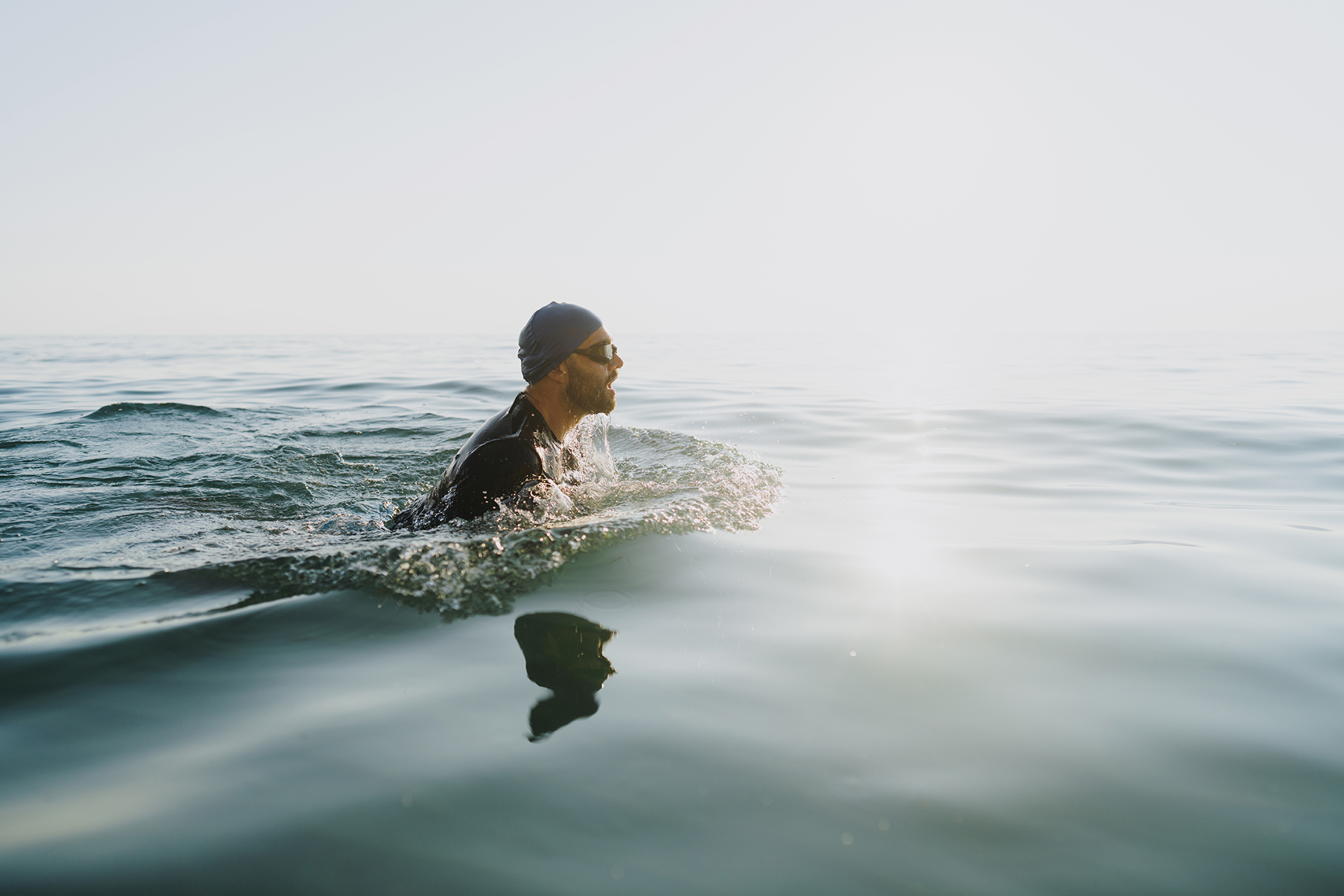Despite the widely known health, physical, and psychological benefits of swimming in seawater and the comfort provided by being on the beach, the picture is not entirely positive. Saltwater, alongside its benefits, can also cause skin and general health issues. Saltwater is rich in natural elements like zinc, potassium, calcium, and magnesium, as well as compounds with antibacterial properties and effective in skin exfoliation. This composition makes it beneficial for skin care, helping alleviate some skin conditions such as psoriasis and eczema and reducing bacterial growth on the skin surface. Saltwater also acts as a natural exfoliant, removing dead skin cells and reducing some types of acne. Beyond physical benefits, exposure to sunlight and sea breeze enhances mental well-being, reducing stress and improving mood. However, prolonged exposure to saltwater can cause skin dryness and irritation due to excess salinity.
A recent study from Binghamton University in New York found that saltwater changes the skin’s outer layer and increases ‘dry stress.’ Salt pulls moisture from the skin, making it stiffer and more tense than fresh water. The recommended solution is to shower after swimming to remove salt residues. Some swimmers may experience an allergic reaction known as ‘swimmer’s itch,’ a rash caused by swimming in contaminated fresh or saltwater with certain parasites. Symptoms include red itchy or burning blisters that usually disappear within days but can last up to two weeks. Over-the-counter topical treatments can relieve itching. The UK government warns that open water swimming may increase the risk of gastrointestinal disorders like stomach bacteria infections, diarrhea, vomiting, and respiratory, ear, and eye infections. These illnesses are linked to microorganisms such as norovirus, giardia, and cryptosporidium, which contaminate water through animal waste, sewage, or rainwater.
While symptoms are often mild, bacteria like E. coli can cause severe intestinal infections. Anyone can get sick from swimming in open water due to the constant presence of microorganisms, but risk severity varies with health status and age. Children and novice swimmers are more prone to accidentally swallowing water, increasing infection risk, while weakened immune systems exacerbate effects. Swimmer’s itch can affect anyone swimming in parasite-contaminated water, with young children most vulnerable due to playing in shallow waters where parasites thrive. Preventive measures include avoiding swallowing seawater, protecting eyes and ears with goggles and drying ears after swimming, avoiding swimming in murky or algae-blooming waters or near sewage outlets, washing hands thoroughly before eating, moisturizing skin to prevent dryness, staying hydrated, and showering immediately after swimming to remove excess salt.














Recommended for you
Exhibition City Completes About 80% of Preparations for the Damascus International Fair Launch
Talib Al-Rifai Chronicles Kuwaiti Art Heritage in "Doukhi.. Tasaseem Al-Saba"
Unified Admission Applications Start Tuesday with 640 Students to be Accepted in Medicine
Egypt Post: We Have Over 10 Million Customers in Savings Accounts and Offer Daily, Monthly, and Annual Returns
His Highness Sheikh Isa bin Salman bin Hamad Al Khalifa Receives the United States Ambassador to the Kingdom of Bahrain
Al-Jaghbeer: The Industrial Sector Leads Economic Growth